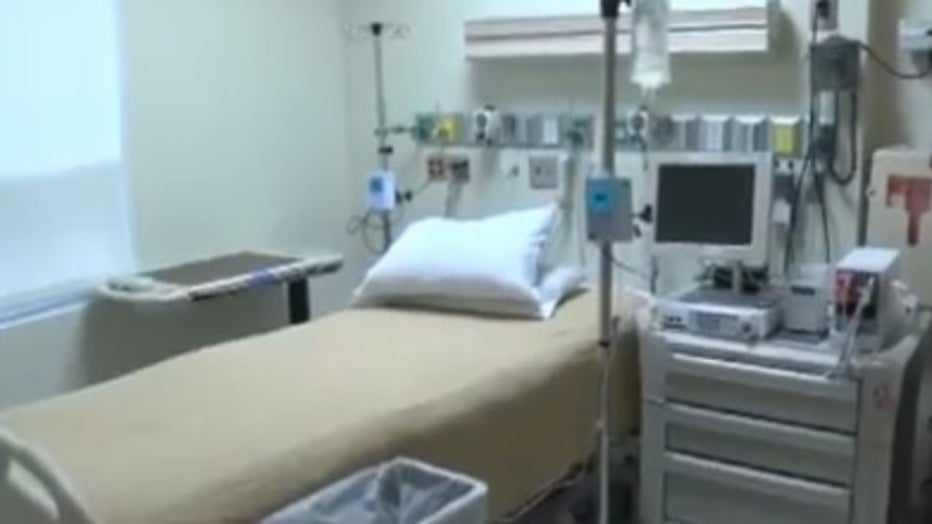Rehab program at Dallas hospital focuses on so-called COVID-19 long haulers
Program at Dallas hospital focuses on COVID-19 long haulers
They are called long haulers -- people who have lingering effects after recovering from COVID-19. UT Southwestern Medical Center in Dallas has one of the nation's first programs to help them get back to their normal lives.
DALLAS - Recovery from COVID-19 often takes weeks. For some, it’s even longer. That’s why UT Southwestern Medical Center has a rehab program focused entirely on the virus.
The program is one of the first in the country and helps so-called "long haulers," or people who have lingering effects after recovering such as breathing and stamina problems or cognitive loss.
"What we’re seeing and what we’re seeing from some of the medical literature is that probably the most common problems are fatigue and muscle weakness. There are some other issues that people complain about commonly such as a cognitive fog or difficulty with thinking. There are also some issues in a smaller group of people with some neurological dysfunction, dizziness or problems with cardiac arrhythmia. And some people still have some problems with respiratory function for at least some months afterward," said Dr. Kathleen Bell, the chair of rehabilitation at UT Southwestern.
Surprisingly, the "long haulers" aren’t just senior citizens. Doctors are seeing the same lingering problems in people ranging in age from their 20s to 80s.
They may have been sick enough originally to be hospitalized but that’s not always the case.

"For sure the people that have been hospitalized, probably about 30% of them at six months are still experiencing problems with weakness and still recovering. But we are also starting to see that there are more and more people who never have been hospitalized but maybe had what we would call moderate courses of coronavirus who isolated at home for perhaps three, four or five weeks who are also having difficulties in some of these areas," Dr. Bell said.
Patients in the program also benefit from being able to talk to one another, to understand they are not alone and share stories about what they face and what helps them.
"One of the I think really prominent things that many of us have been seeing is a very high level of anxiety certainly for patients that have been in the ICU for long periods of time. That’s a pretty prominent symptom. But even for people I think who have not been hospitalized there’s a lot of uncertainty about what the course of this illness is over a long period of time," Dr. Bell said. "There’s a lot of anxiety just in the population at large about coronavirus. So I think a lot of that is affecting people’s emotional status as well."
She said medical professionals are continuing to research and learn more and more about COVID-19 each day. She thinks rehab programs like the one at UT Southwestern will only help doctors better understand the virus and how it affects the body.
LINK: utswmed.org/medblog/life-after-coronavirus-how-rehab-helps/

